Whether it’s video games or comic books, nerd media loves sexually awkward women. Or rather, the geekosphere only loves one type of sexually awkward woman. The ideal “femcel” is shy, selfless, and generally uninterested in male attention until the protagonist comes along. Mitaka Asa of Chainsaw Man is none of these things. She’s rude, she’s self-centered, and she falls for anyone who shows her an iota of interest. Asa is the type of socially awkward femcel who definitely exists in real life, but is rarely depicted in popular media. Watching her flub all of her relationships in Chainsaw Man is both delightful and inspirational.
This manga has two arcs. In the first part of Chainsaw Man, the bounty hunter Denji becomes the eponymous Chainsaw Man in order to protect humanity from devils, which are creatures that embody humanity’s fears. In the latest arc, readers were introduced to a high schooler named Asa. Possessed by the “War Devil” after her untimely death, she wants to gather swords to use against the Chainsaw Man.
There’s a major catch: Asa can only turn men into “spinal cord swords” after they form romantic attachments to her. The more guilty she feels about a guy’s death, the more powerful the resulting sword will be. Asa agrees to seduce male classmates so that their bones can be used to create powerful weapons. It’s not like she has any choice—giving the War Devil the showdown that she wants is the only way to convince the monster to vacate her body.
The key to any successful project is to start small. Asa randomly chooses a victim, and her eyes happen to land on Denji. He’s more a loser than a sinner or saint, and she would feel reasonably guilty if her devil ripped his spine out. He’s the perfect victim. She asks him out to an aquarium date, and he agrees. Despite being the Chainsaw Man, Denji is a pitiful incel whose primary character motivation is to touch a breast. She couldn’t have picked a better sword candidate.
It’s pretty grim stuff, but Asa’s seduction attempts are pure comedy. She asks Denji out so that the War Devil can eventually kill him, but she’s dead serious about being the ideal girlfriend. The date isn’t simply about saving her own life. She wants to be genuinely liked—to prove that she’s not the loser that her bullies think she is. Here’s the problem: She is a massive loser. When Denji tells her that he wants to look at penguins, she ignores his heartfelt request and goes on a long-winded explanation about sea anemones. It’s dry. It’s encyclopedic. It doesn’t take her date’s desires into consideration at all. Denji really wants to see the penguins, but Asa tells him to “shut up” and “stick to my plan.” Even the supervising War Devil calls her a total bore. Ouch.
G/O Media may get a commission
Unpopular girls are typically depicted as overly shy or not conventionally attractive (glasses, ugly haircut, etc.) Asa is capable of faking confidence. There’s nothing atypical about her appearance, either. She could get a boyfriend if her personality was less off-putting, and she knows it. Despite this, she refuses to change who she is. She’s not the bore. It’s everyone else who’s in the wrong. Worst of all, she won’t give up even when her classmates agree that she’s not worthy of a boyfriend.
Yes, it’s a huge problem that Asa’s body has been taken over by a War Devil. But Chainsaw Man creator Tatsuki Fujimoto doesn’t like to settle for depicting literal conflict. Every major arc of the manga is about how characters respond to social pressures. The Control Devil was able to exploit Denji because his shitty financial circumstances taught him to dehumanize himself for his next meal. In comparison, the War Devil is having a much harder time with her victim. Asa knows that she doesn’t deserve a relationship. She fucks up every challenge that life throws at her, even during mortal peril. She’s mean-spirited to other people. She lives in a society where girls aren’t allowed to have sexual desires unless they’re worthy of love.
Rather than giving us sanitized heroes with their edges sanded off, Fujimoto is willing to depict their most embarrassing moments and basest desires. The problem becomes apparent when Asa’s classmates laugh at her for asking another student, Yoshida Hirofumi, to be her boyfriend. Her shame wafts from every pore. Society tells her that she has to be good enough. Asa isn’t good. She’s dead. She’s damaged. She wants to exchange a boy’s blood for her right to life. If she were a good person, then she would simply choose to die. Instead, she wants to choose life. She wants to choose love.
The heroine’s desires feel rebellious in the context of Chainsaw Man. She cannot love others ethically. Her heart is merely a lure for the anglerfish that lives inside of her. But her heart beats in spite of common decency, in spite of the rules, in spite of how others may feel. Her meeting with Denji is the beginning of a car crash, and I can’t look away.
Asa wanted his heart, but the creature inside of her wanted his spine. The War Devil attempted to turn Denji into a sword by using an incantation. The spell failed to take effect on the Chainsaw Man, and Asa took it as a sign of romantic rejection. Once they parted ways, she grew resentful of Denji for not seeing anything in her. Girl, I think you should be more concerned that loverboy could have been murdered. She knows that she’s only exploiting her classmate, but that doesn’t make her want his romantic attention any less. Her feelings are hideous, and I’m glad that she has them. They make Asa feel more realistic than most shonen girls who would gladly sacrifice themselves for their lover.
Unlike the typical shonen love interest, Asa’s romantic interest isn’t exclusive to Denji just because he’s the protagonist of Chainsaw Man. Asa ends up fixating on a different boy who had rejected her a few chapters prior, not because they share a strong bond (which is more typical in shonen), but because she craves companionship. She wants to believe that she could have a genuine bond with another person. The manga never pretends that its heroes are altruistic. They’re out for themselves in embarrassing, human ways. Even if they’re a teenage girl—a consistently sidelined character demographic in a genre marketed towards young boys.
There isn’t a future for any boy who falls in love with Asa. Despite the fucked-upness of these circumstances, Asa’s own desirability becomes her obsession. Do boys think she’s hot? Do they think she’s interesting? She’s affected by normal human guilt, but her main concerns are Asa, Asa, and Asa. When her classmate Hirofumi tried to have an unrelated conversation with her, she immediately thought that he was trying to ask her out. Just like how a lot of boys react whenever a girl makes eye contact with them. There’s a major difference, though. It’s understandable when a boy reacts this way towards a girl. It’s considered pathetic when a girl behaves the same way.
“I’m quick to convince myself [that] someone likes me. Then when I’m wrong, my feelings get hurt,” she thinks to herself after being rejected. “A life of solitude really would be better than feeling like this. There’s nothing even good about me. Who am I even living for?”
I’ve read a hundred chapters about Denji and based on that, I’m anticipating that Asa similarly learns how to live freely in an unfree society. But the joy of Chainsaw Man isn’t in watching characters radically transform themselves. It’s in watching them stumble and fall. It’s seeing them take ten steps backwards from what’s good and healthy for them.
Asa isn’t always sympathetic. She prioritizes her feelings above other people’s, and more people will likely die by the time that the arc ends. Despite her fantastical troubles with devils, Asa’s story is remarkable because it’s so ordinary. Audiences are frequently expected to empathize with male incels who have a body count. Just look at any villain who was spurned by a lover. The same should apply to female characters who are self-centered and desperate. We should have empathy for girls who derive their worthiness from the number of men who are interested in them.
Chainsaw Man doesn’t just let a female incel be unlikeable. It dares to explore her emotional complexities. And that makes it braver than any ongoing series in this year’s shonen manga lineup.

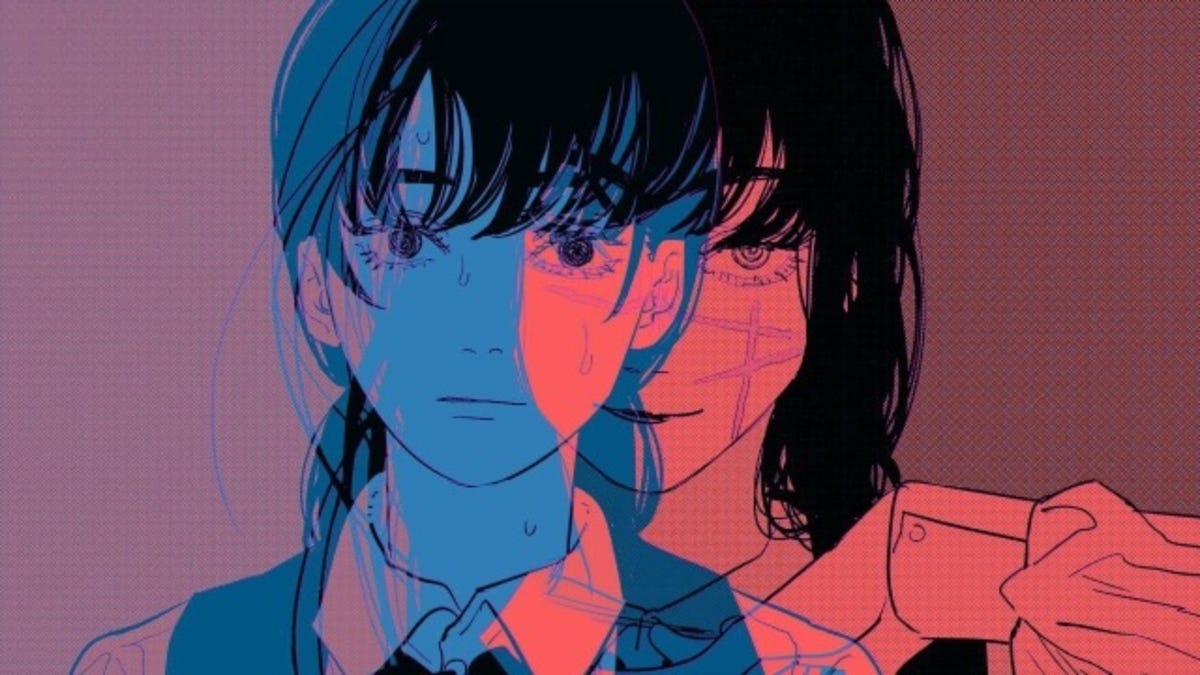
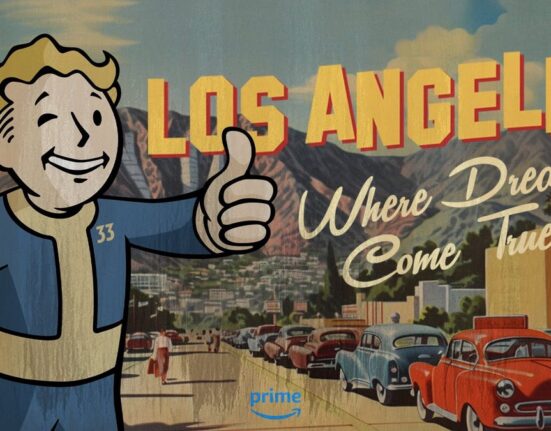
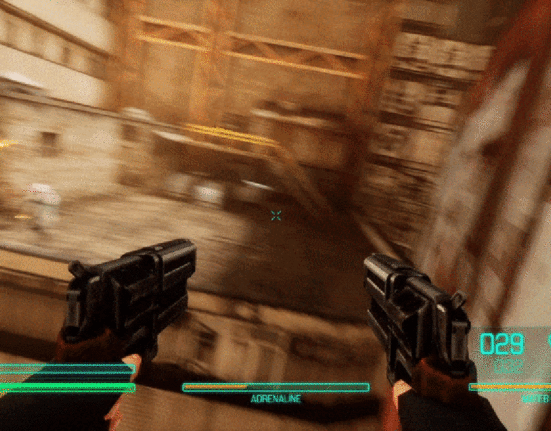
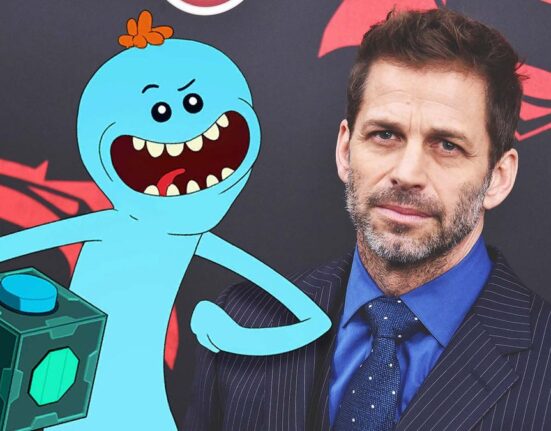
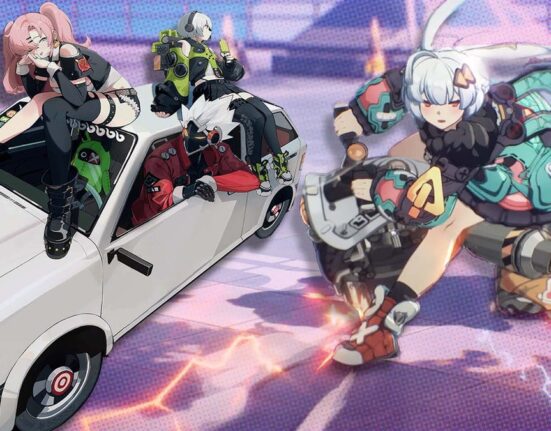
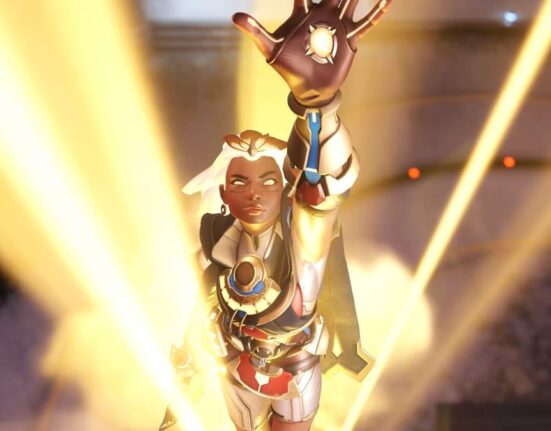
Leave feedback about this